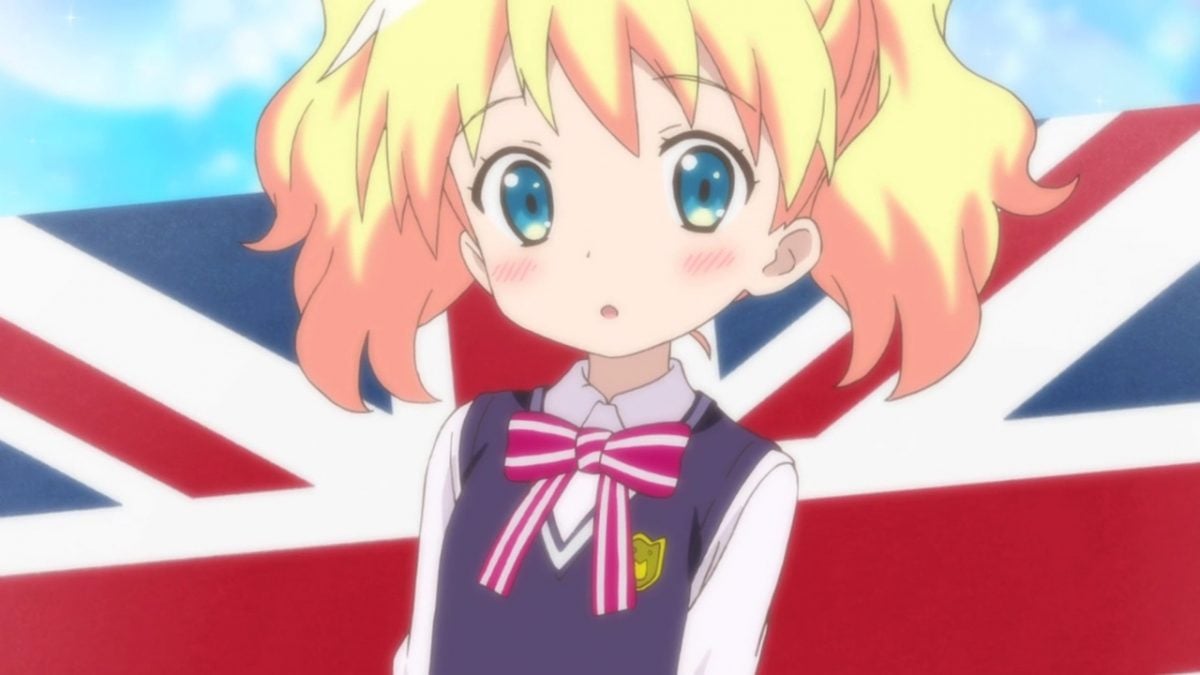There are several methods of learning a foreign language, including grammar-translation (learning grammar and example sentences), Total Physical Response (“Simon Says” type activities), the Natural Approach (mimicking how children learn), and so on. Added to this is the always-fun “do anything that gets you attention” approach, which I’ve named the Social Feedback Method since it sounds better. Looking back over my years of studying Japanese, I can see that I’ve enjoyed surprising my Japanese hosts by doing things they didn’t expect a foreigner to do. Japanese are used to gaijin not being able to eat some of their more unique culinary dishes, but with very few exceptions — fermented soybeans (natto) and pickled fish guts (shio-kara) — I have surprised them by eating everything, including the time I was served whole baby octopus. I learned to sing enka, the traditional music of Japan, at karaoke, and I go out of my way to count pairs of chopsticks with the proper counter of zen (ichizen, nizen, sanzen), rather than the more common counter hon (ippon, nihon, sanbon). In my heyday I was even able to write a few esoteric kanji that my Japanese wife couldn’t write, although use of computers has killed much of that. I guess part of my motivation was the look of surprise Japanese people wore when I did something they didn’t think foreigners were capable of.
One thing they certainly don’t expect is for foreigners to be familiar with kotowaza, or proverbs, observations on life that are quite common in the language, and used by people of all ages. Although they can be difficult to learn since they often use old or archaic grammar (think Shakespere), pulling one out at the right moment can bring a look of astonishment to the face of a Japanese person that’s pure gold. Saru mo ki kara ochiru (even monkeys fall from trees) means that even an expert will make a mistake sometimes. Ame futte ji katamaru (rain falls, the ground hardens) means that difficult trials will build character in the end, and yes, that is the verb form of katamari from the game Katamari Damacy. Nana korobi, ya-oki (if you fall down seven times, get up an eighth) means that you should never give up trying to attain your goals if you want to reach them — always come back swinging. Another good one is ishi no ue nimo san-nen (sit on a rock for three years), which means that you should try something for a reasonable amount of time (three years) before deciding whether or not you really like it.
The current heat wave aside, my son and I are having a great time in the Baltimore area. Today we hit all the places I roamed as a kid. There was plenty that was different, including a Costco in the middle of a field in Gaithersburg that I used to play in, and they even filled in the lake where I used to go spelunking (used in the Calvin & Hobbes sense, i.e. throwing rocks in the water to enjoy the “spelunk” sound). Much of my childhood was spent growing up playing in construction sites of new homes as they were being built, but now that the area is thoroughly developed, there are no more construction sites anywhere — where will the kids of today play? Although there were many changes, some things were the same — the drug store in Reston still sells real ice cream shakes, which were delicious (they don’t sell Marathon bars anymore, though). We had an extra nice treat since the Seattle Mariners are in town, so I took my son to see a ball game with Japanese players Ichiro and Johjima live and up close.
















